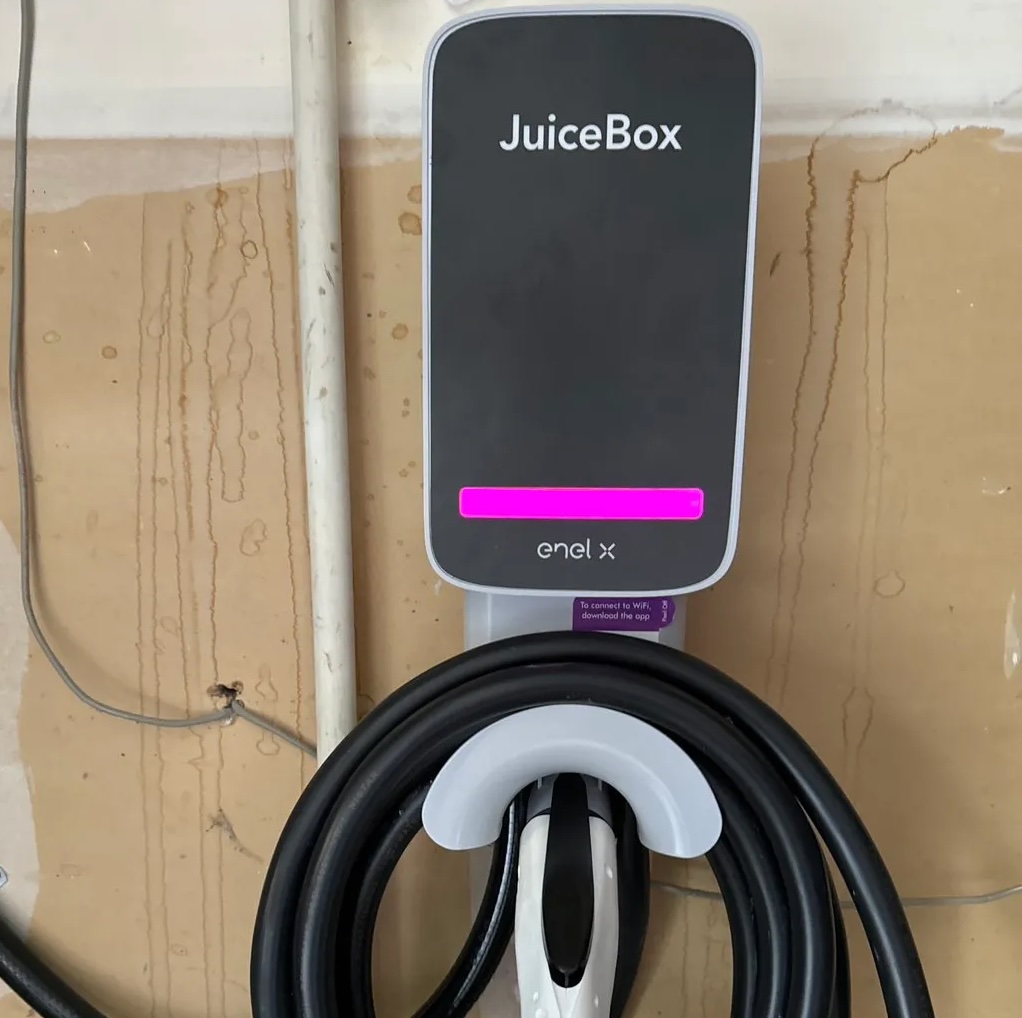As more homes switch to electric or plug-in hybrid automobiles, domestic charging stations arise to meet the demand. Although the procedure appears to be complex, it is actually more simpler than you may expect. However, there are several significant elements that you should consider before installing your own EV charger. These variables impact your price, safety, and the number of years that this equipment will serve you.
Must-Know Tips Before Installation
We provide 6 topics that deserve your attention to choose the right EV charger for your needs.
1) Do you need a dedicated circuit just for the charger?
Yes, it’s best that no other appliances share the same power source, or else you’ll likely have to deal with constant power outages.
If you need to know if your electrical panel can handle the power of the EV charger, contact us. The CasPro team can assess your home’s power capacity and make any necessary upgrades.
2) Hardwired vs. Plug-In: Which Is Right for You?
The first decision you need to make is whether you want a wired or plug-in charger.
Plug-in chargers are a good option if you live in a rented home or are moving soon. These chargers plug into a 240-volt outlet, making them easier to transport and install.
Hardwired, on the other hand, are the best long-term solution. They are safer, charge faster, and look better.
If you are not planning on moving, we recommend using a wired charger to enhance the look of your home and get the best charging performance.
3) Finding The Ideal Location And Cable Length
The ideal location to install your charger is important because it reflects both the convenience of use and your safety. People usually prefer to install it in the garage, but if you have a different setup, let us know and we can help you choose the best location.
Another important element to take into account is the length of the cable that you will connect to the charger. Measure the distance between the position of the charger and the charging port in your car, but add two or three meters. After all, it is very annoying to deal with a short cable on a daily basis!
4) Choosing the Right Level 2 Charger
Level 2 charger models vary, as do their power and consumption. Some provide around 7 kW, while others can reach 19.2 kW. Determining which one is best for you depends on your budget, your home’s electrical capacity, and of course, how fast you want your car to charge.
5) Why Professional Installation Is Important
It’s no wonder that professionals who work with electricity receive an additional hazard pay. Improper installation can lead to electrical fires, shock hazards, and even damage to your vehicle or home. That’s why safety must be taken seriously. If, knowing the risks involved, you prefer to hire licensed electricians to install it for you, at CasPro, we guarantee that your charger will be installed correctly.
6) Future-Proofing Your EV
Taking the time to think about the future now can save you time and money. Here are a few extra tips:
Use smart chargers — Newer models have a feature that lets you schedule your car to charge during off-peak hours. This saves you money on electricity costs.
Plan for multiple EV charging stations — If you notice that your spouse likes your electric car, plan for your first EV installation now and adapt it for future expansion.
Ready to install your EV charger?
Whether you’re just starting to research or are ready to schedule your installation, CasPro is here to help. We’ll walk you through every step of the way to ensure a seamless and safe setup. Contact us today!





